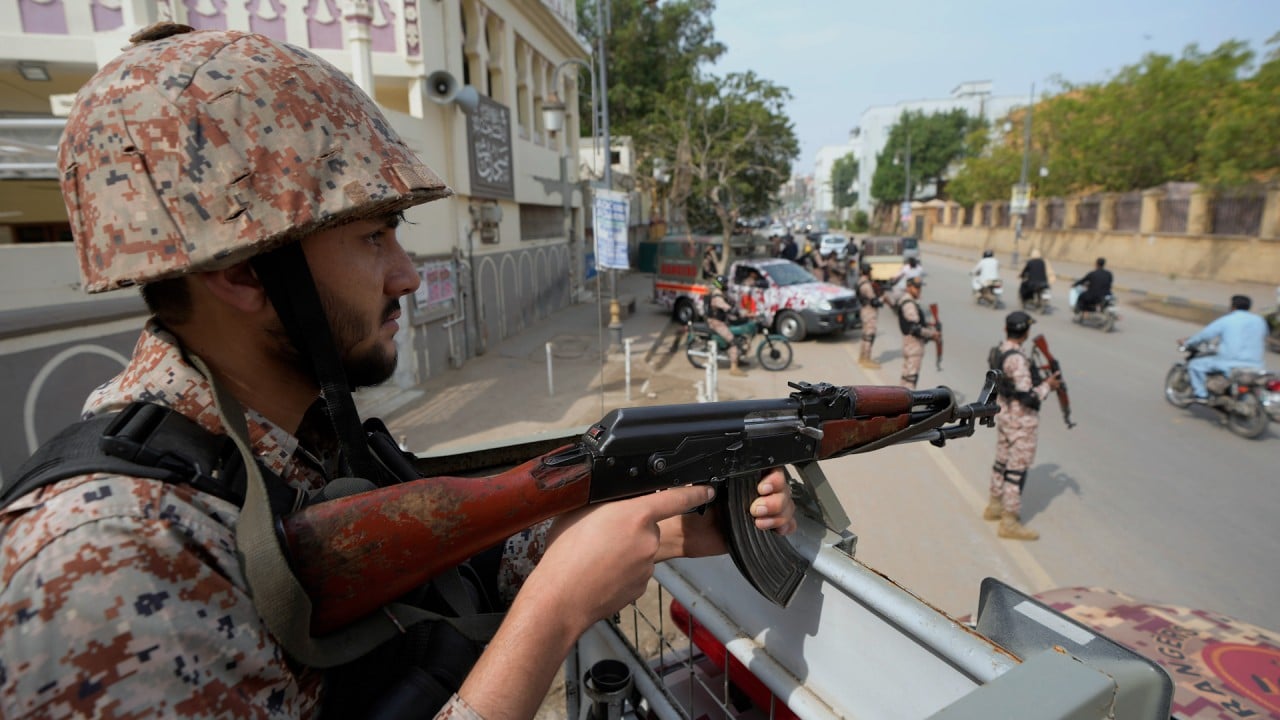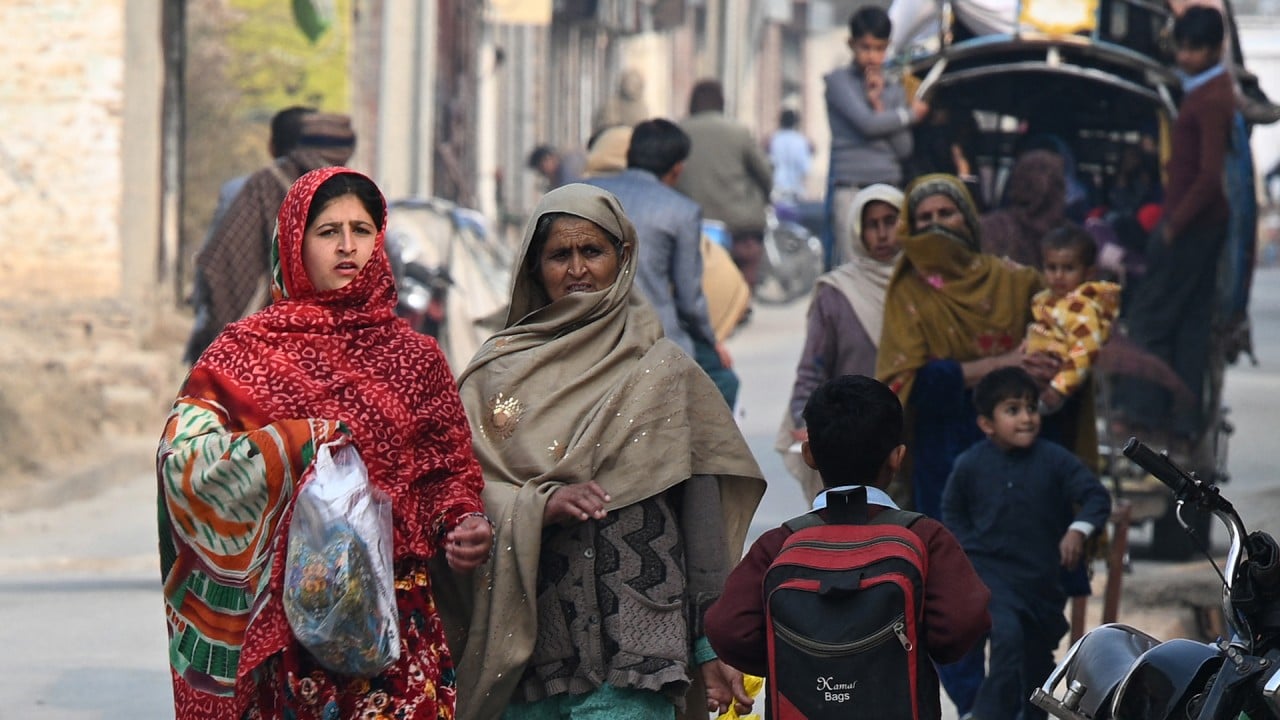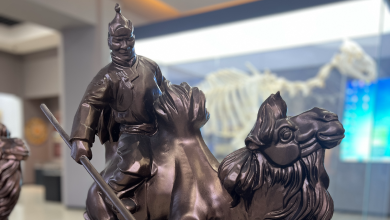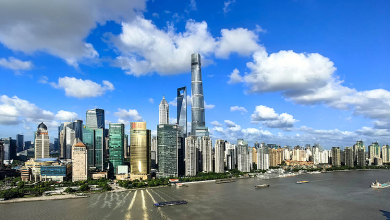Pakistan set for coalition rule after troubled election, as ex-PM Sharif trails rival Khan, and China, IMF bailouts loom
[ad_1]
Voter turnout was a modest 42 per cent, well below the average of 50 per cent for the general elections of 2008, 2013 and 2018.
In part, this was because of formidable hurdles faced by PTI candidates, including the loss of their electoral symbol, a cricket bat, and the detention of key leaders.
Despite them, the PTI “has demonstrated resilience, leveraging social media effectively to maintain a prominent lead”, said Farwa Aamer, director of South Asia initiatives at the Asia Society Policy Institute in New York.
“However, it’s essential to recognise that no government formation can proceed without considering the intricate dynamics involving the country’s influential military establishment,” she said.
The PTI’s biggest rivals, the Pakistan Muslim League-Nawaz (PML-N) party of three-time former prime minister Nawaz Sharif and ex-president Asif Ali Zardari’s Pakistan People’s Party (PPP), have won enough seats, 71 and 53 respectively, between them to form the next government with the establishment’s blessing.
However, any coalition government will be weakened by the long-standing rivalry between Sharif and Zardari.
The two men respectively also have complicated relationships with the military-led establishment. It has been complicit in the installation and downfall of several governments led by the PML-N and PPP in previous decades, and in the imprisonment of Sharif and Zardari – sometimes with help from one against the other.
Pakistan bomb attacks kill 26 near candidates’ offices on eve of election
Pakistan bomb attacks kill 26 near candidates’ offices on eve of election
“Political stability may be elusive if a weak coalition government emerges unable to take tough decisions necessary to take the economy out of the critical ward,” said Maleeha Lodhi, a former Pakistani ambassador to Britain, the United States and the United Nations.
Pakistan narrowly avoided a Sri Lanka-like default in the first half of 2023 amid protracted negotiations for an emergency IMF balance of payments support programme.
Close ally China, Pakistan’s largest creditor, kept it solvent during talks with the IMF by refinancing some US$7 billion of low-cost loans.
Speaking on television on Wednesday evening, Nawaz Sharif’s brother and PML-N deputy leader Shahbaz Sharif said the “first priority” of a prospective government led by the party would be to negotiate a new financial assistance programme with the IMF before the current one expires in April.
Otherwise Pakistan would “face bankruptcy, with unimaginable suffering for the people”, he warned.
Ex-envoy Lodhi said Beijing’s US$28 billion of investments in energy and connectivity projections under the China-Pakistan Economic Corridor (CPEC) programme wouldn’t be affected by the transfer of power in Islamabad.
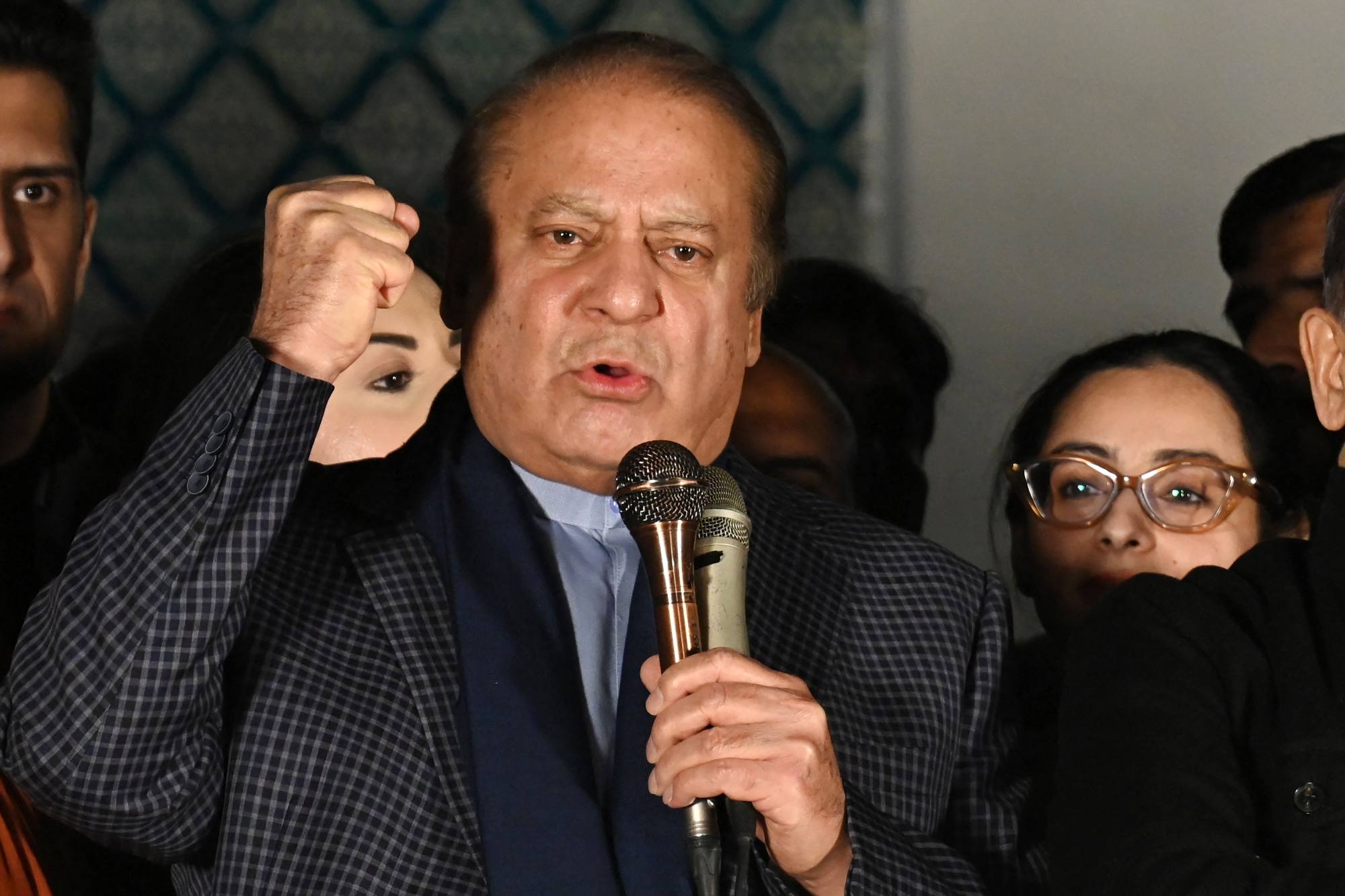
CPEC is part of Beijing’s trillion-dollar Belt and Road Initiative to integrate China’s economy with the rest of the world, particularly with developing and middle-income countries in the Global South.
“There is a firm national and political consensus in support of CPEC. The election hasn’t changed that”, she said, adding that China “will continue to be Pakistan’s strategic priority regardless of who forms the next government”.
An unprecedented delay in announcing election results on Thursday sparked allegations of rigging by the PTI and speculation of irregularities among many Pakistani journalists.
All of Pakistan’s previous 11 general elections have been tarnished by interference by the military-led establishment, which remains the ultimate arbiter of power after directly ruling the country for about half its 77-year history.
The controversy arose after the delayed final results for a section of constituencies appeared to reverse trends that favoured the PTI in the initial counting phase, which was televised on Thursday evening.
2 children among 9 killed in Pakistan election attacks
2 children among 9 killed in Pakistan election attacks
In between, the election commission had inexplicably stopped sharing certified results for individual polling stations with candidates’ agents and journalists, which is required under election rules meant to ensure transparency and avoid such a controversy.
Despite an ultimatum to returning officers issued at around 3am local time by Chief Election Commissioner Sikandar Sultan Raja to declare results within a half-hour, the final outcome for half of the National Assembly’s 266 constituencies did not become clear until early on Saturday morning.
The outcomes of Pakistan’s previous general elections were all disseminated by 2am the following morning.
The United States, European Union and Britain on Friday all criticised “severe interference” in Pakistan’s electoral process and called upon Islamabad to ensure “a full investigation” of all reported election irregularities.
The PTI won more seats than any of rival party, despite many of its candidates contesting while on the run to evade arrest.
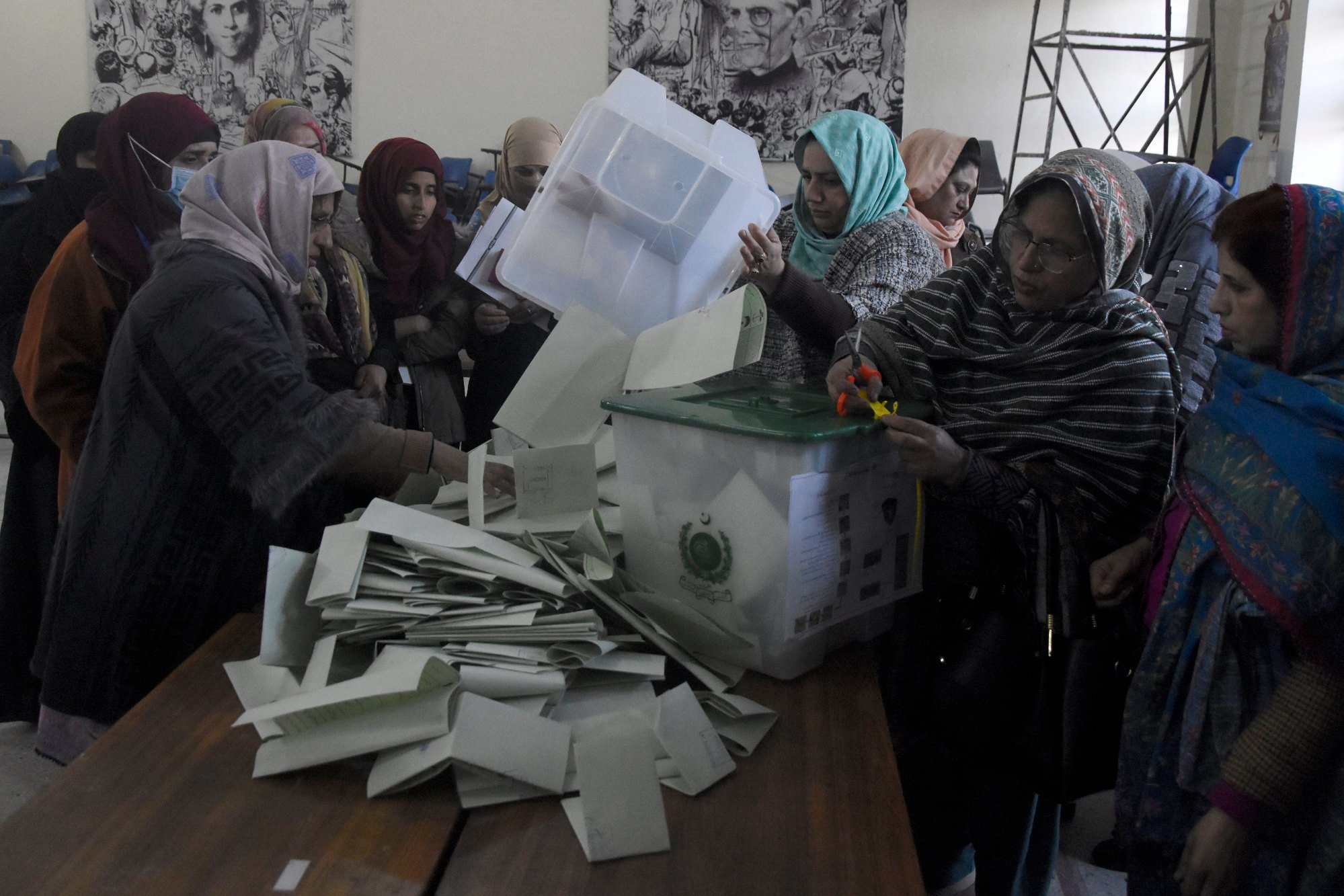
Most of the party’s leadership is undergoing trial in anti-terrorism courts for their role in PTI mob attacks on military installations in several cities last May.
The violent protests followed Khan’s arrest by armed soldiers on corruption-related charges.
The government and military subsequently accused Khan and his colleagues of attempting to stage a coup against Shahbaz Sharif’s then-administration, and of seeking to foment a mutiny against the army’s high command.
The PTI swept nearly all National Assembly constituencies in its power base of northwest Khyber Pakhtunkhwa province, as was widely expected.
Surprisingly, though, the PTI performed above expectations in populous eastern Punjab province, which hosts about half of the National Assembly’s 266 directly elected seats. About half of Punjab’s seats were won by independents backed by Khan.
Pakistan struggles to secure IMF bailout as military intervention rears its head
Pakistan struggles to secure IMF bailout as military intervention rears its head
“It’s evident that the democratic spirit has prevailed with a remarkable turnout, particularly notable among women and youth voters,” Aamer said.
The Pakistani electorate’s vigilance “remains paramount” because it is “keenly attuned to the electoral process and demands transparency and authenticity in the results”, she observed.
“Any deviation from these principles risks inciting public discontent and jeopardising the stability of the democratic transition,” Aamer said.
On the other hand, the underwhelming performance of the PML-N in its Punjab stamping ground, and its failure to regain seats along the Karakoram Highway in Khyber- Pakhtunkhwa (KKH), may dissuade its leader Sharif from seeking an unprecedented fourth term as prime minister.
The highway has served as Pakistan’s sole overland connection to its close ally China since its completion in 1978. It now connects the Xinjiang region to the Chinese-operated port of Gwadar on the western Indian Ocean coast of restive Balochistan province.
Sharif suffered an embarrassing defeat in Mansehra, a mountainous district along the KKH, but avoided a potentially career-ending loss in his home city of Lahore.
The ex-prime minister detests the idea of leading a weak coalition government, telling journalists on Wednesday to stop asking him “for God’s sake” about the prospect of one.
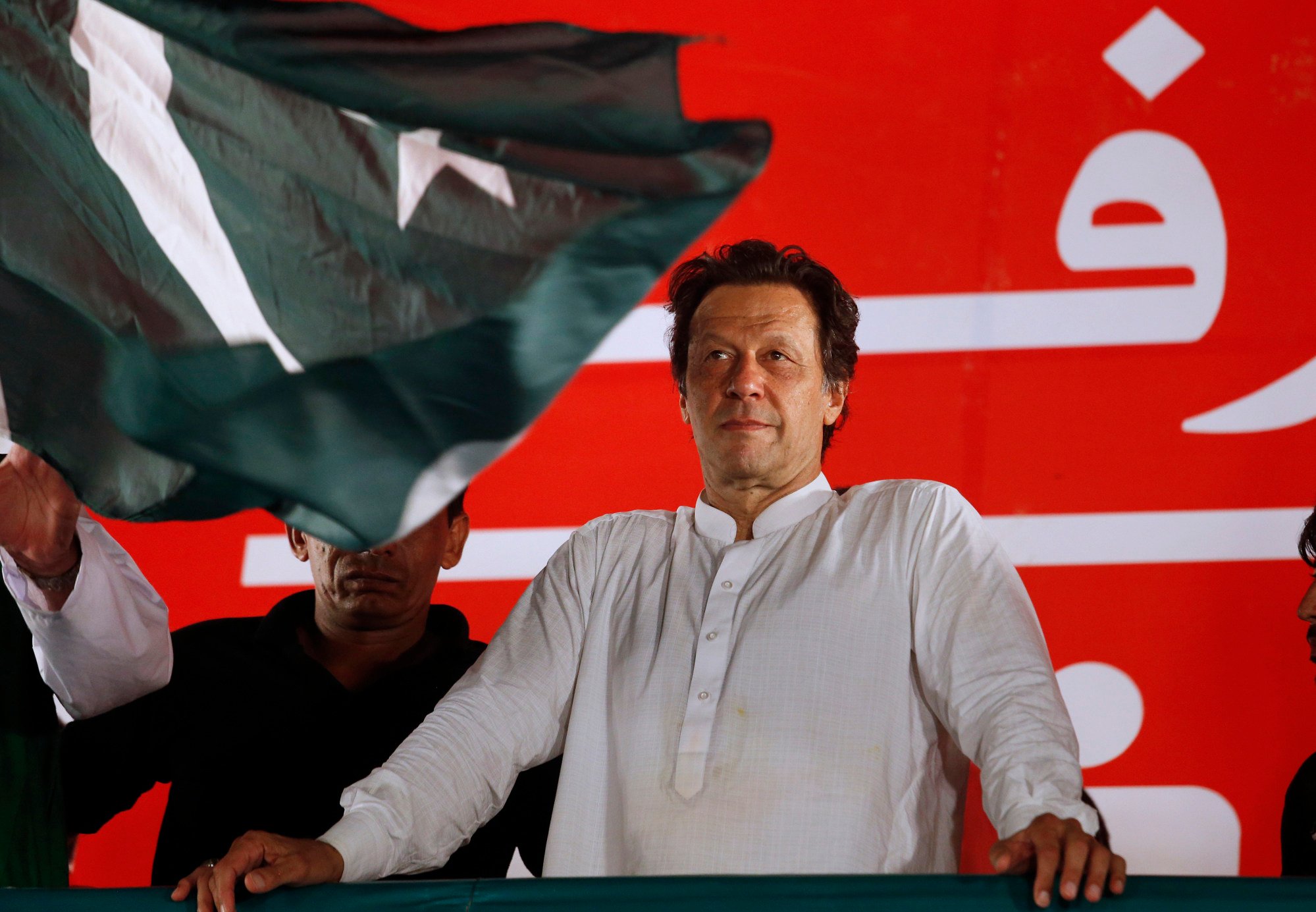
Instead, he may once again defer to his brother Shahbaz, who led the broad based coalition government which replaced Khan after he lost a vote of confidence in April 2022, and held office until last October.
Shahbaz represented the PML-N in the first round of power sharing talks on Friday evening with Zardari.
On the other hand, the PTI’s loss of its symbol due to its failure to hold credible internal elections means that it still has hurdles to cross before the party can contest the leadership of the National Assembly, and Khyber Pakhtunkhwa and Punjab provinces.
Until the PTI holds internal polls that satisfy the election commission, its victorious candidates will have to find refuge in another party’s ranks within 72 hours of the official declaration of final results.
Otherwise, they won’t be eligible to vote for women and minority candidates who will soon contest 60 indirectly-elected reserved seats in the National Assembly.
As a consequence, the PTI would lose its proportionate one-third share of those seats to PML-N, PPP and other parties, along with its current standing as the single largest party.
A similar fate threatens PTI-backed independent members of Pakistan’s four provincial assemblies, who were elected on the same day as their counterparts in the federal parliament.
Acting PTI chairman Gohar Ali Khan said the independents might join an allied small Shia Muslim religious party which won a single seat out of the 266 directly elected on Thursday.
Pakistan ex-PM Sharif seeks coalition government after trailing jailed rival Khan
Pakistan ex-PM Sharif seeks coalition government after trailing jailed rival Khan
Otherwise, the PPP of ex-president Zardari – who’s renowned as Pakistan’s master coalition builder – has previously extended an offer of refuge to PTI-backed independents, but it was rejected outright by a justifiably mistrustful Khan.
The PPP holds the balance of power, having tightened its stranglehold over southern Sindh province in Thursday’s election.
It also has the most seats of any party in restive western Balochistan province, where the mandate was characteristically split between multiple contestants, and is well placed to cobble together a provincial coalition administration there.
Some analysts appearing on Pakistani television screens said the ongoing crackdown against the PTI could see its successful independents come under pressure from the Pakistani establishment’s intelligence agencies to desert Khan.
But other analysts argued that the public’s mandate could strengthen the candidates’ resolve to remain loyal to him.
Before election day, as many as half of winning PTI-backed independents were in touch either with the PML-N or the PPP, to join whichever party looked like forming the government, several respected Pakistani journalists have reported.
Khan’s ability to prevent such defections is limited by his absence. He is serving multi-year jail sentences for corrupt practices, leaking state secrets, and illegally marrying his wife according to Islamic law injunctions.
Khan was found guilty of the latter two charges last week by lower court judges, whose verdicts were widely interpreted by analysts as a signal from the establishment to voters telling them not to waste their ballots on the imprisoned PTI chief.
Voters resounding rejection of that message was expected to embolden populist Khan, who has maintained his uncompromising stance against negotiating with political opponents he has long called “thieves”.
Instead, Khan has demanded talks with the military’s leadership, but top generals have refused to entertain him since last May’s riots.
“Manipulation and horse trading aside, Imran Khan truly does seem to be the people’s preferred choice today,” said Fahd Humayun, an assistant professor of political science at Tufts University in the US.
“Appreciating that and moving towards some form of reconciliation” between the military-led establishment and Khan was “now necessary for political stability” in Pakistan, he said.
[ad_2]
Source link


